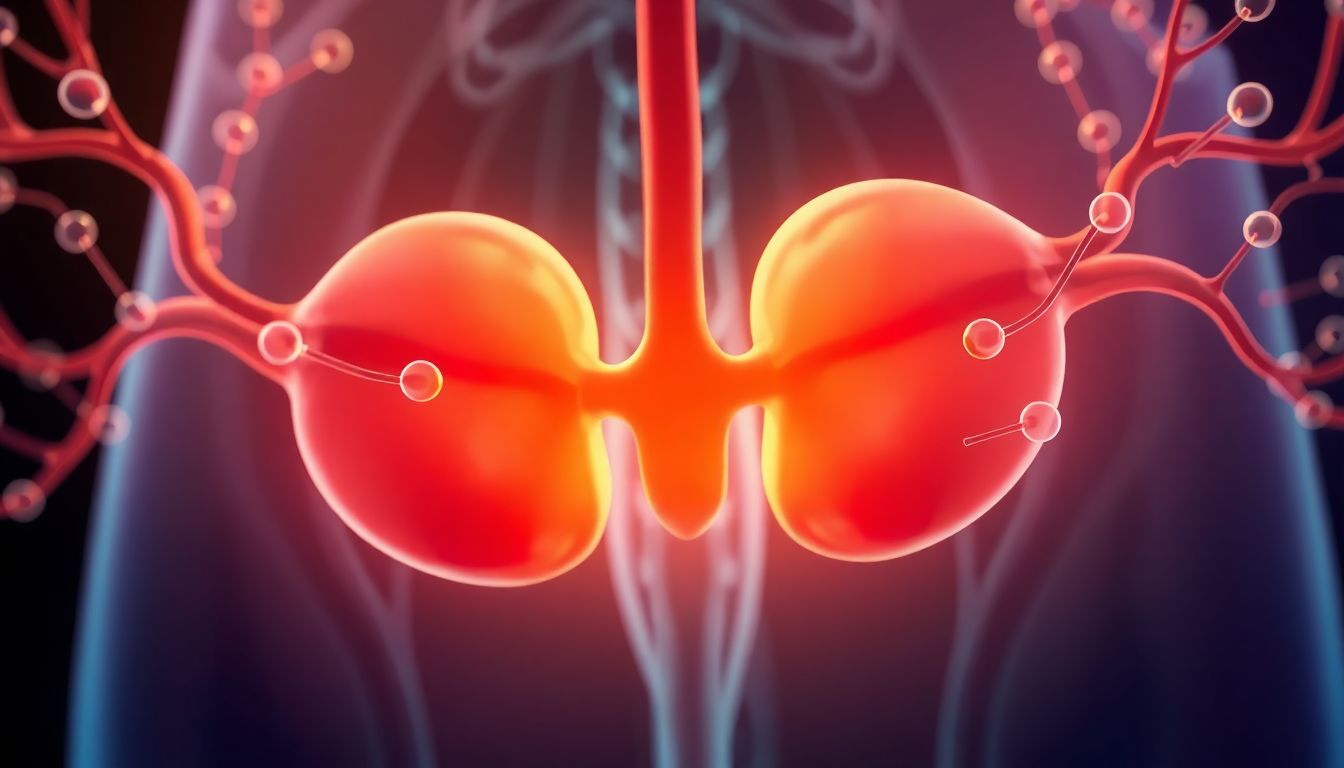
The topic of testosterone often sparks curiosity and confusion. Over the last few decades, research suggests that nearly 40% of men over 45 experience low testosterone levels, impacting their overall health. Testosterone is more than just a hormone for muscle gain; it plays a vital role in various body functions. Misconceptions about testosterone can lead to misunderstandings regarding its significance. This article aims to clarify these myths while highlighting the benefits that come with understanding testosterone.
Debunking Common Testosterone Myths
Myth 1: Testosterone is only for bodybuilders
Many believe testosterone is solely for athletes aiming to bulk up. However, testosterone is essential for overall health. It supports energy levels, mood regulation, and cognitive functions. Research shows that approximately 20% of men aged 60 and older experience low testosterone, affecting their quality of life.
Myth 2: Testosterone replacement therapy (TRT) is a quick fix for all problems
TRT isn’t a magic solution to all health concerns. While it can help increase testosterone levels, it does come with potential side effects, including increased risk of heart disease and prostate issues. Experts stress that a comprehensive approach to health, including exercise and nutrition, is crucial rather than relying solely on TRT.
Myth 3: Testosterone is only relevant to men
This myth is damaging, as testosterone also plays a significant role in women's health. Women produce testosterone in smaller amounts, but it is crucial for maintaining libido, muscle strength, and bone density. Low testosterone can lead to fatigue and mood swings in women, highlighting the importance of balanced levels.
The Crucial Role of Testosterone in Men's Health
Impact on Muscle Mass and Strength
Testosterone contributes to muscle growth and repair. Studies show a strong correlation between higher testosterone levels and increased muscle mass. Men with low testosterone often find it challenging to maintain muscle strength as they age.
Influence on Bone Density and Strength
Testosterone is vital for bone health. Low levels can lead to decreased bone density, increasing the risk of fractures. In fact, men with low testosterone are more likely to develop osteoporosis, a condition that weakens bones.
Effect on Libido and Sexual Function
Testosterone directly impacts sexual health. Men with low testosterone often experience reduced libido and erectile dysfunction. Treatments like TRT can address hypogonadism, restoring sexual function and overall well-being.
Testosterone and Women's Health: Often Overlooked
The Importance of Testosterone in Women
Though often overlooked, testosterone is vital for women's health too. It supports libido, muscle strength, and bone density. Studies reveal that women with low testosterone experience decreases in sexual desire and can face higher risks for osteoporosis.
Symptoms of Low Testosterone in Women
Women may experience various symptoms due to low testosterone, such as fatigue, mood changes, and reduced muscle strength. These signs can significantly impact everyday life, making awareness essential.
Treatment Options for Women
Women facing hormonal issues should consult healthcare providers to explore treatment options like hormone therapy. A proper diagnosis ensures that treatment aligns with personal health needs.
Understanding Testosterone Levels: Testing and Diagnosis
When to Consider Testing
If experiencing fatigue, mood swings, or unexplained weight loss, it may be time to test testosterone levels. Consulting a doctor before self-diagnosing ensures a professional approach.
Methods of Testosterone Testing
Common testing methods include blood tests, which measure total and free testosterone levels in the body. Reliable testing is crucial for accurate results.
Interpreting Test Results
Understanding testosterone test results requires professional insight. Levels can vary by age, sex, and health status, making it essential to discuss results with a healthcare provider to determine the right course of action.
Lifestyle Factors Influencing Testosterone Levels
Diet and Nutrition
Diet plays a significant role in testosterone production. Foods rich in zinc, vitamin D, and healthy fats can promote hormonal balance. Consider incorporating lean meats, nuts, and leafy greens for optimal health.
Exercise and Physical Activity
Regular exercise boosts testosterone levels significantly. Activities like weightlifting and high-intensity interval training are particularly effective in elevating testosterone production and improving overall physical fitness.
Sleep and Stress Management
Quality sleep and stress management are crucial for maintaining healthy testosterone levels. Poor sleep can lead to hormonal imbalances. Developing a consistent sleep routine and practicing mindfulness help improve focus and reduce stress.
Conclusion: Taking Control of Your Testosterone Health
Understanding testosterone is vital for both men and women as it affects many aspects of health. Clearing up myths about testosterone enables informed decisions regarding wellness. Leveling up your testosterone health begins with recognizing the signs of imbalance and consulting healthcare professionals for personalized guidance. Embrace the journey toward a healthier you, and make informed choices about your testosterone levels.
